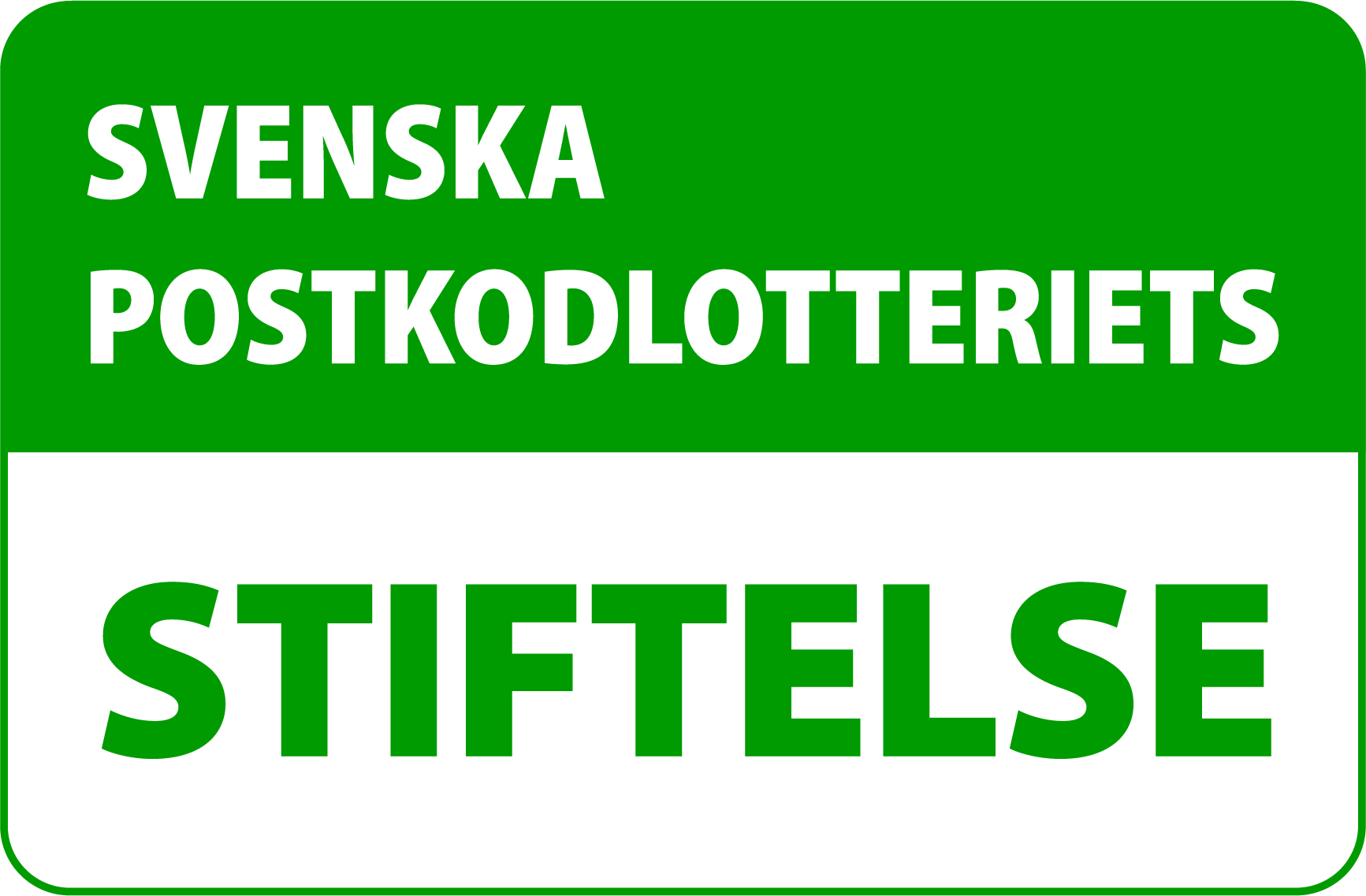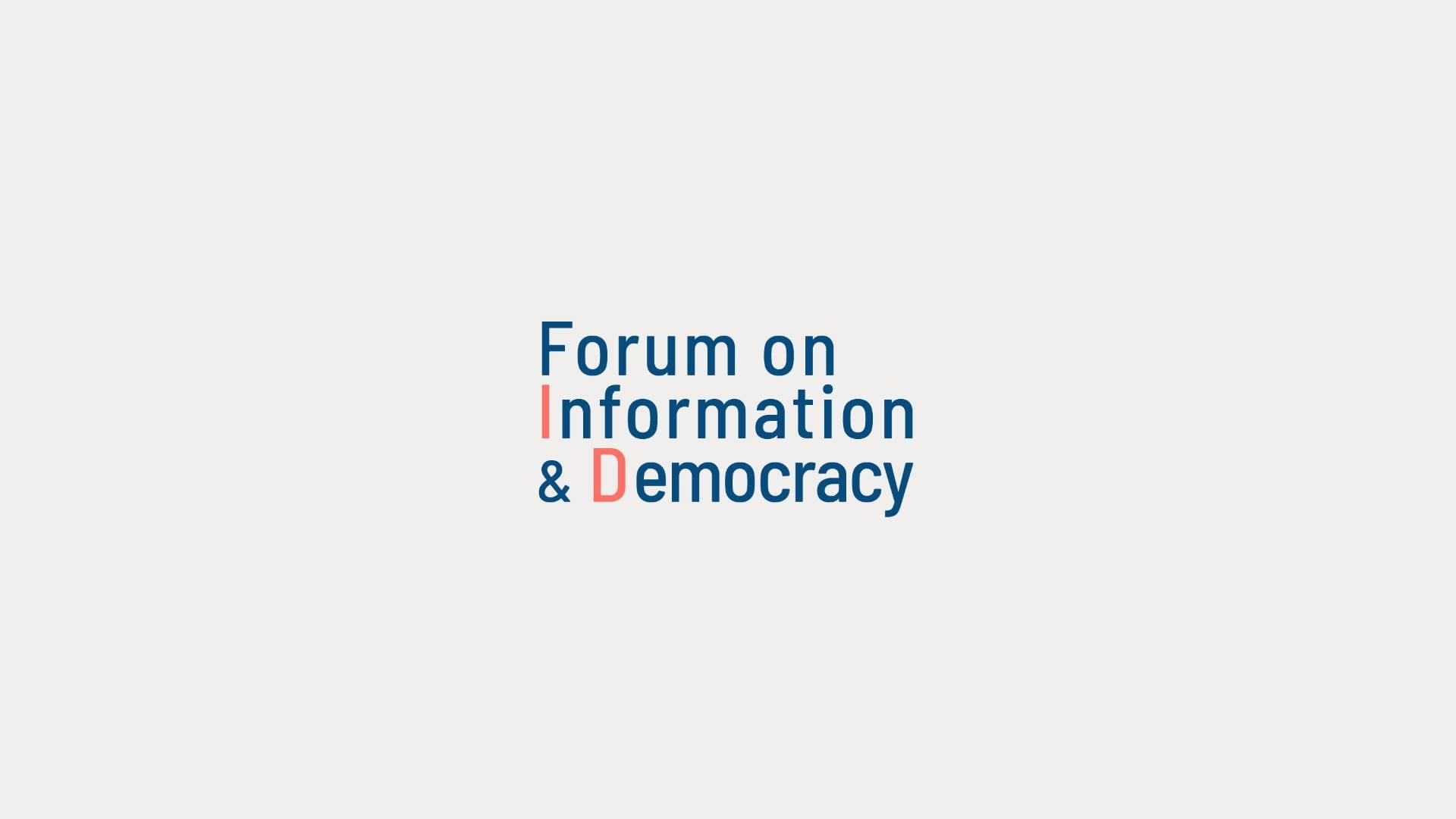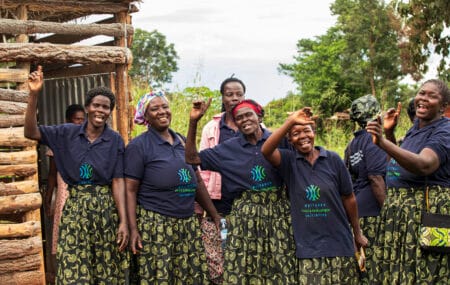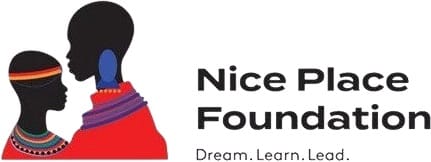Global democratic governance of the digital space
Over the last decade, private and global information and communication platforms have increasingly influenced public debate and perceptions of what constitutes facts. The algorithms of media platforms are designed to retain users by presenting engaging and tailored content that reinforces their existing views and excludes alternative perspectives. The design of these algorithms also contributes to the amplification of violent content, conspiracy theories, and misinformation, while favoring increased societal polarization. Dishonest political use of these technologies affects elections and undermines democratic processes. Authoritarian regimes censor domestic internet, while conducting destabilization campaigns in other countries. Without external regulation, these platform companies hold structural, financial, and political power over the information and communication space, bypassing democratic safeguards previously ensured by media laws.
In this project, Forum on Information and Democracy aims to create conditions for a common understanding of the impact that technical platforms, and the existing digital structure, have on the global information and communication space, and on democracy. The project will also contribute to the design of regulatory measures that ensure both the interests of citizens and the protection of human rights and our democratic processes and institutions.
The project is supported with 2 940 000 SEK.
What’s happening in the project?
- – A comprehensive meta-study is conducted that highlights the collective existing research on challenges in the digital information and communication space, and the impact of technical platforms on democratic processes.
- – The study is presented in a report that clarifies various perspectives and fields of research, emphasizes areas of consensus, and describes challenges, knowledge gaps, and the need for action.
- – The report will be the first of its kind, intended to be revisited on an eighteen-month basis and, in the long term, serve as a solid basis for decision-making for politicians and legislative bodies.
- – The report is translated into multiple languages and distributed in various formats.
Why is the project supported?
The project contributes to increasing knowledge about how digital information structures affect democratic processes and develops long-term structures for creating decision-making bases, enabling steps toward the design of protective international regulations.
Project time status
94%
This project started in November 2023 and ends in November 2025
For more information: https://informationdemocracy.org/





